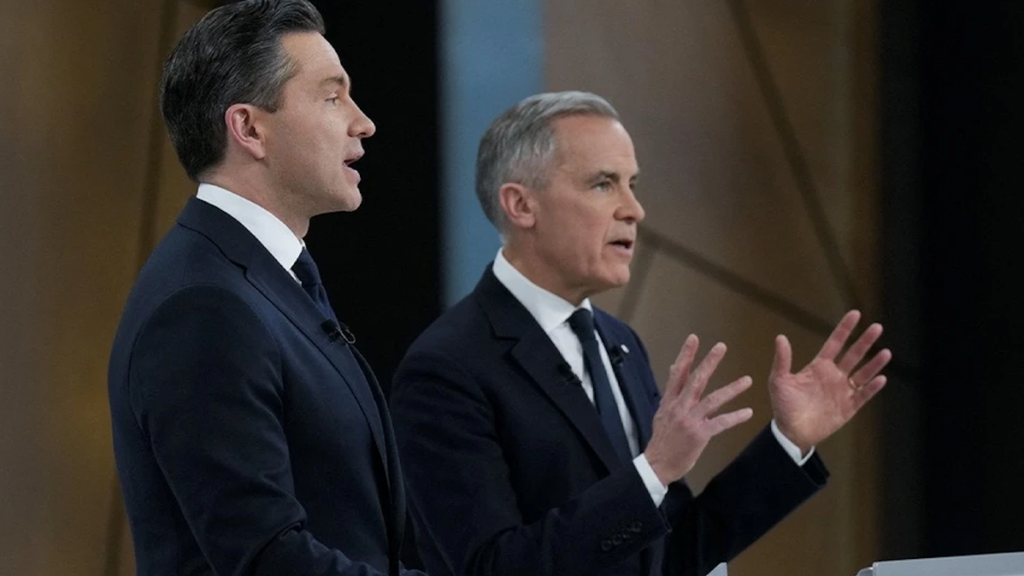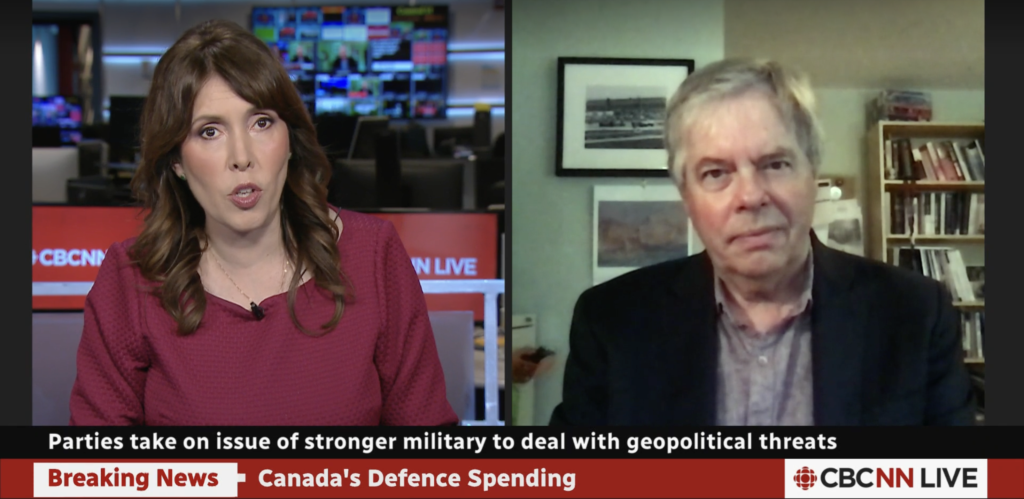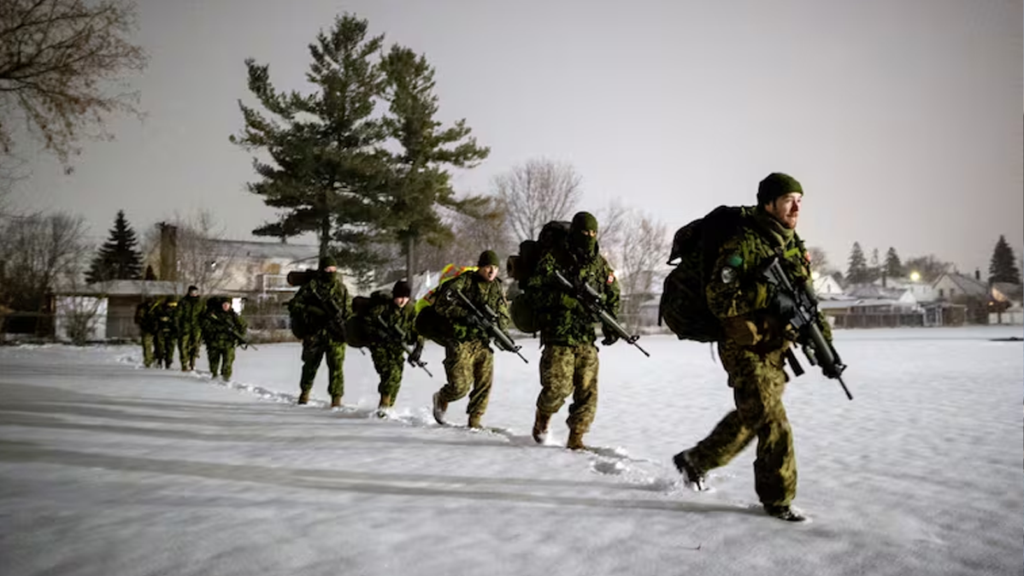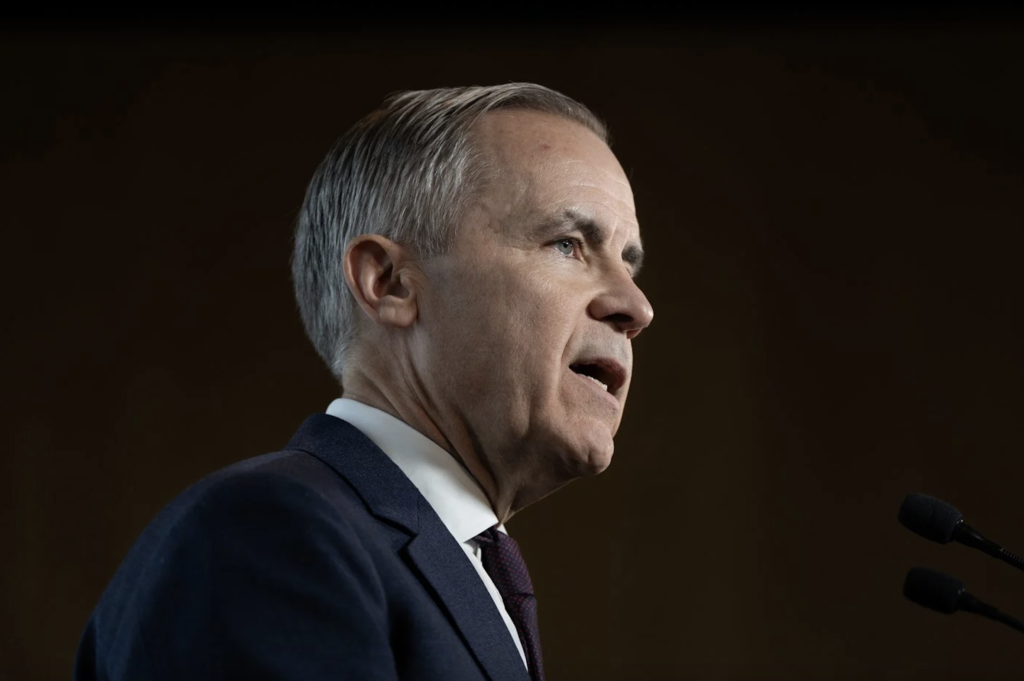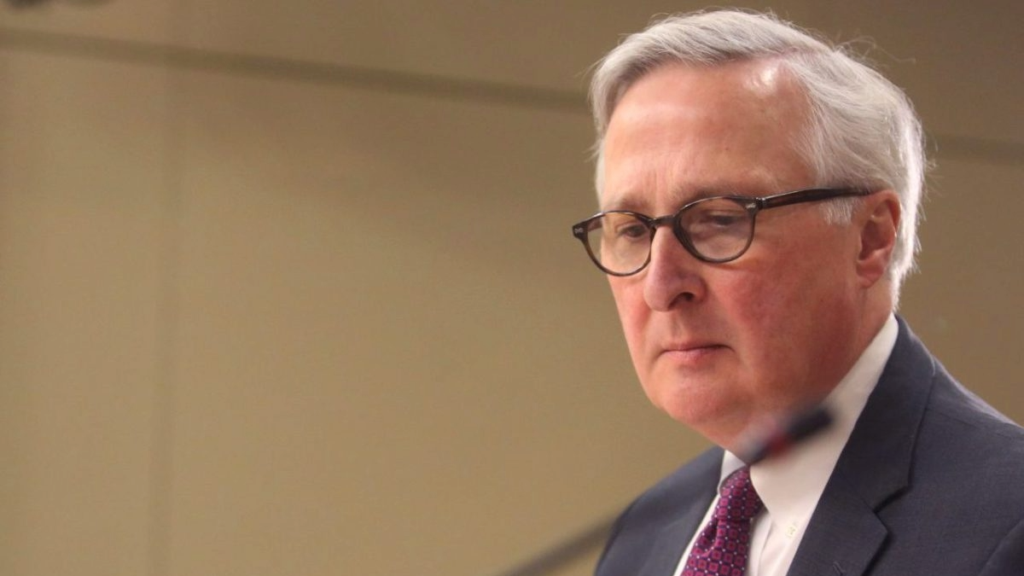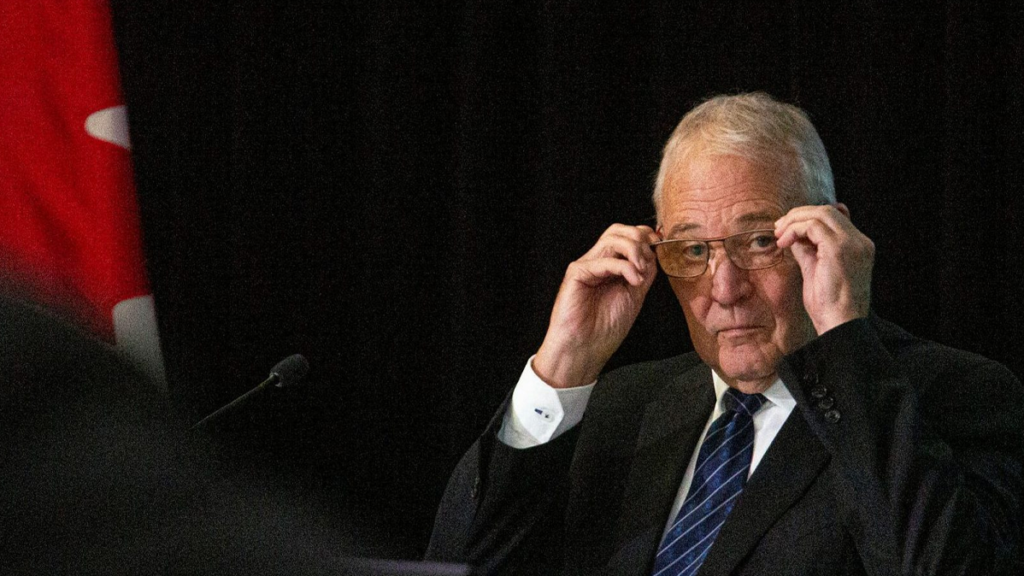The Conference of Defence Associations (CDA) Institute is committed to fostering informed debate on national defence and security. As part of this mission, we created this page to ensure Canadians are equipped to make informed choices during this election and show politicians that they care profoundly about Canada’s sovereignty, defence, and security.
This page will be continuously updated with new information, policy analysis, and expert commentary as the election evolves. We encourage you to revisit many times to stay informed on the defence and security issues shaping this election.
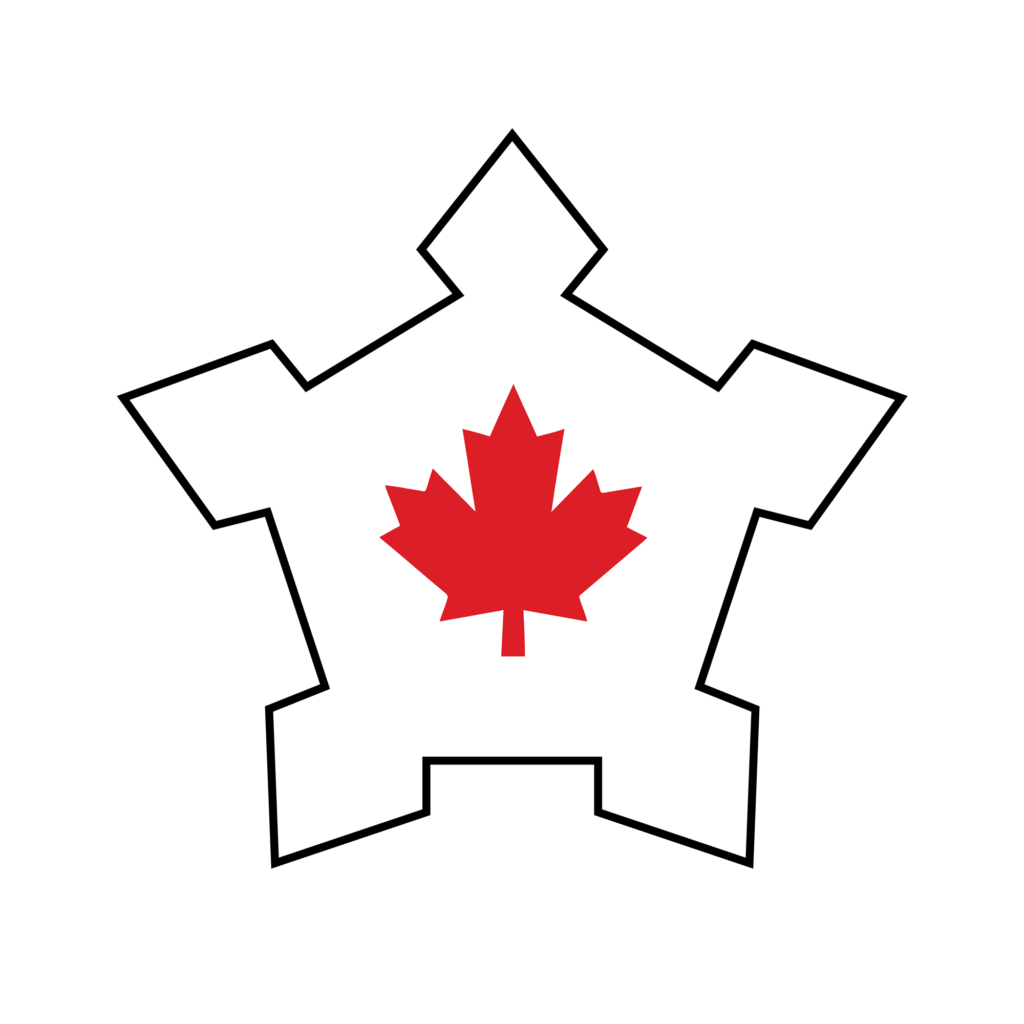
MAKE YOUR VOICE HEARD.
Our community is calling on 10,000 Canadians to sign our petition calling for a special leaders’ debate on Canada’s national security and foreign policy.
Platforms
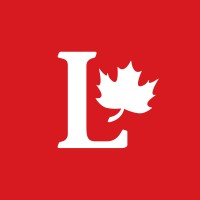 Liberal Party of Canada
Liberal Party of Canada
|
NATO 2%
|
|
Arctic Security
|
|
Procurement
|
|
Maritime Security
|
|
Recruitment and Retention
|
|
Foreign Aid and Development
|
|
Veterans
|
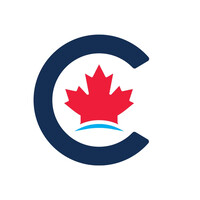 Conservative Party of Canada
Conservative Party of Canada
|
NATO 2%
|
|
Arctic Security
|
|
Procurement
|
|
Maritime Security
|
|
Recruitment and Retention
|
|
Foreign Aid and Development
|
|
NATO 2%
|
|
Veterans
|
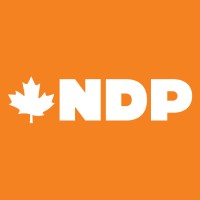 New Democratic Party
New Democratic Party
|
NATO 2%
|
|
Arctic Security From the NDP website: NDP will build jets in Canada, invest in Canada’s North and Arctic sovereignty « Canada’s NDP
|
|
Procurement From the NDP website: NDP will build jets in Canada, invest in Canada’s North and Arctic sovereignty « Canada’s NDP
|
|
Maritime Security No current commitment. |
|
Recruitment and Retention From the NDP website: NDP will build jets in Canada, invest in Canada’s North and Arctic sovereignty « Canada’s NDP
|
|
Foreign Aid and Development From the NDP website: NDP will build jets in Canada, invest in Canada’s North and Arctic sovereignty « Canada’s NDP
|
 Green Party of Canada
Green Party of Canada
|
NATO 2% No current commitment. |
|
Arctic Security
|
|
Procurement From the Green Party Website: Protecting Canada EN_4
|
|
Maritime Security No current commitment. |
|
Recruitment and Retention From the Green Party Website: Protecting Canada EN_4
|
|
Foreign Aid and Development From the Green Party Website: Protecting Canada EN_4
|
Issues
The following overview was written by CDA Institute Fellow, Dr. Olivier Choinière, Professor at l’Université du Québec. The views reflected in this overview are those of its author and do not necessarily represent the views of the CDA Institute, its Board of Directors, its sponsors, or its partners.
When it comes to acquiring military capabilities, the fundamental question is whether the government’s priority is to equip the Canadian Armed Forces (CAF) in a timely fashion, or to develop a sustainable national military industrial capability (including the associated economic spin-offs). While the ideal is to achieve both objectives simultaneously, what happens when one must be prioritized at the expense of the other? The choice is not so simple, given the importance of guaranteeing the country’s defence sovereignty, particularly in the Arctic, but also of reducing our dependence on the industrial capacity of other countries.
This issue takes on heightened importance at a time when Canada is showing a definite interest in joining the European Union’s rearmament plan, particularly in response to the tariff war initiated by the Trump administration.
It is also crucial to emphasize that one of the main objectives of Canada’s new defence policy is to improve and accelerate the military procurement process. The government’s ability to effectively manage and plan these acquisition projects is central, as many projects, both past and present, have been plagued by significant delays and budget overruns, seriously compromising the achievement of the CAF’s operational objectives.
Recommendation: The political parties must not only clarify their intentions regarding their military procurement strategy for the coming years, both in terms of objectives and preferred sources of supply, but also make a concrete commitment to implementing the long-awaited reform of procurement processes and project management within the federal government. This reform, essential to the effectiveness of defence investments, would avoid the recurring pitfalls that have undermined the credibility of major Canadian military equipment projects for several decades. This recommendation generates another, more structuring one: to develop a genuine defence industrial policy in order to establish a more strategic partnership between the government and the various stakeholders working in this field, thus enabling the development of a long-term vision and a credible plan to meet the present and future needs of National Defence.
____________
The following overview was written by CDA Institute Senior Fellow, Colonel (Ret’d) Charles Davies, a former Canadian Armed Forces Logistics officer and Public Servant. The views reflected in this overview are those of its author and do not necessarily represent the views of the CDA Institute, its Board of Directors, its sponsors, or its partners.
Elections can be particularly risky – and costly – times for voters and taxpayers. It is during these when Canadian political parties have shown themselves to be most prone to making ill-considered promises, especially in the area of defence and security. These can end badly for the country when partisan politics inevitably collide with the reality of Canada’s defence needs. No party has a clean record on this, and the Liberals’ poorly thought-out 2015 election promise to not buy the F-35 is only the most prominent recent example. The subsequent extended dithering over fighter replacement has forced the wasteful diversion of large sums of money into a (not very successful) effort to keep the ageing legacy CF 18 fleet as serviceable and operationally relevant as possible until the eventual delivery of modern replacements later this decade.
The lesson here is that election promises to buy or not buy specific systems or products should represent a large red warning flag for voters. Parties making such commitments can’t possibly have undertaken the depth of analysis of operational, technical, financial, economic and other factors that must go into deciding the best solution for Canada. In fact, when these kinds of promises are made it is a virtual certainty that very little real research or thought has gone into them.
Recommendation: Look instead for election commitments more strategically focused on the party’s approach to safeguarding Canada’s security, engaging with the rest of the world, and managing the acquisition and support of the necessary capabilities. When candidates and canvassers come to your door, you can ask how their party would do all this if they form government. Their answer may not necessarily sway your vote in the context of the many other issues at play, but just having the discussion puts them and their party on notice. If it comes up often enough, they will need to pay closer attention to it – and this can only be good for the nation (and taxpayers).
____________
Related:
This page will be continuously updated with new information, policy analysis, and expert commentary as the election evolves. We encourage you to revisit many times to stay informed on the defence and security issues shaping this election.
____________
Related:
The following overview was shared by CDA Institute Fellow, Dr. Stephen R. Nagy, Professor of International Studies and Politics at the International Christian University. The views reflected in this overview are those of its author and do not necessarily represent the views of the CDA Institute, its Board of Directors, its sponsors, or its partners.
The three areas of focus for any new government looking to prioritize the Indo-Pacific should be the harm of disinformation, grey zone operations, and the weaponization of supply chains and global economies.
To effectively address these three issues, Canada will need to work closely with partners like Japan, South Korea, Australia, and New Zealand but also with partners part of the Association of Southeast Asian Nations (ASEAN) like Indonesia, Vietnam, and Singapore. By cooperating with Canadian partners and developing tighter economic ties, the more likely it is Canada will be able to work on issues like Climate Change and the security of the Taiwan Strait. China has been increasingly active in the South China sea and if Canada does not pursue multilateral relationships to strengthen the sovereignty and prosperity of the region, it is expected China will escalate its presence. Say conflict were to break out in the Taiwan Strait, 10% of the global economy would be immediately disrupted and Canada and its allies would face great difficulty facing off against China without a government taking on a legacy munitions project. A conflict like this would immediately disrupt Canada’s capacity to support Ukraine and both conflicts would be left without substantial support for Canada and its allies.
In addition to the legacy munitions project, Canada could work closer with its Australian and New Zealand partners in Five Eyes and continue its essential work on quantum computing to better serve the interests of the alliance and combat disinformation and grey zone operations. Indo-pacific economic prosperity is directly linked to its security. The growing relationships between Canada and the ASEAN will lead to stronger economic ties but also greener ties and a built trust that will add further stability to the region. Any new government will need to ensure that it maintains the already good progress in place in the region and build upon it for further resiliency and Canadian defence investment.
____________
Related:
The following overview was written by CDA Institute Senior Fellow, Colonel (Ret’d) Charles Davies, a former Canadian Armed Forces Logistics officer and Public Servant. The views reflected in this overview are those of its author and do not necessarily represent the views of the CDA Institute, its Board of Directors, its sponsors, or its partners.
Canada is a trading nation and our economic well-being depends upon a stable and equitable international environment, but today that is at great risk. Beyond the immediate very serious turbulence in our relationship with the United States, we are in an uncertain era where climate change is disrupting societies everywhere, global power balances are shifting, and traditional mechanisms for regulating affairs, adjudicating disputes and responding to threats are losing their effectiveness. Further, even before the re-election of Donald Trump, the United States – the main guarantor of many of the aforementioned mechanisms – was becoming less willing to do the job alone.
Recommendation: In this context, Canada needs to “up its game” if it is to deal with the kinds of complex global challenges we face today and in the foreseeable future. This means strengthening our capacity for acting strategically and effectively in collaboration with like-minded partners by investing in the requisite tools of statecraft: diplomatic capacity, international development aid, economic power, military forces, and others. Historically, there was a certain political convenience in the fiction of our relative national weakness. It avoided the need for discussions with Canadians about investing in the instruments of state power required to wield influence internationally, and the sometimes difficult questions of where and how to exercise influence and to what end. Further, it allowed political leaders to pick and choose when and where they wanted to take a role on the world stage, focus on that for as long as they wished, then drop it. In the new global environment, Canada can no longer avoid having these kinds of national conversations. We need to “up our game,” and in the present election campaign there must be a serious discussion about the country’s foreign policy direction.
____________
Related:
The following overview was written by CDA Institute Fellow Marcus Kolga, Director and Founder of DisinfoWatch. The views reflected in this overview are those of its author and do not necessarily represent the views of the CDA Institute, its Board of Directors, its sponsors, or its partners.
Russia’s ambassador to Canada has made statements alarmingly similar to those used by Moscow to justify its invasion of Ukraine. Ambassador Oleg Stepanov recently tweeted claims that Canada, in collaboration with Finland and Sweden, is “militarizing” the Arctic and is supporting a future conflict with Russia. Given the Kremlin’s record and these familiar rhetorical tactics, Stepanov’s assertions must be recognized as a direct threat to Canada’s Arctic sovereignty and security.
Recommendation: To defend against this intensified assault on our national security, we must proactively bolster military capabilities and intelligence-sharing alliances – independent of the United States. Equally critical is engaging the Canadian public in a coordinated effort to identify and reject disinformation designed to divide and destabilize. A crucial part of this response includes a proactive strategic communications effort. The government must clearly and consistently articulate to Canadians the role of NATO, CAF and the threats it defends Canadians against.
Foreign information and psychological warfare targeting Canada and our allies have intensified dramatically over the past decade. Russia’s extensive disinformation campaigns during its criminal invasion of Ukraine have clearly demonstrated the Kremlin’s capabilities, including its successful influencing of political discourse in Europe and even the United States, where Donald Trump has repeated Kremlin aligned talking points, representing an unprecedented historic victory for the Kremlin’s information and psychological warfare. President Trump’s mirroring of Russian tactics, alongside his direct threats—including economic warfare—has evolved into a distinct form of psychological warfare against Canadians. Though Canada has shown commendable resilience thus far, this unexpected avenue of influence operations demands a strategic reassessment and increased resources for countermeasures.
Recommendation: In response, Canada’s new government must act swiftly and decisively. The Canadian Armed Forces require immediate support, ensuring they are fully equipped and trained to counter threats from adversaries employing information, influence, and psychological warfare. These operations aim explicitly at undermining Canadian sovereignty, impairing the effective functioning of our armed forces, and eroding societal cohesion and democratic resilience.
This page will be continuously updated with new information, policy analysis, and expert commentary as the election evolves. We encourage you to revisit many times to stay informed on the defence and security issues shaping this election.
____________
Related:
This page will be continuously updated with new information, policy analysis, and expert commentary as the election evolves. We encourage you to revisit many times to stay informed on the defence and security issues shaping this election.
____________
Related:
The following overview was written by CDA Institute Senior Fellow, Dr. Kim Richard Nossal, Professor Emeritus of the Department of Political Studies at Queen’s University. The views reflected in this overview are those of its author and do not necessarily represent the views of the CDA Institute, its Board of Directors, its sponsors, or its partners.
The key issue in this election is the existential threat that the US administration of Donald J. Trump poses to Canada as a sovereign state. On numerous occasions, the president has questioned the viability of Canada as a country; he has argued that the border between Canada and the United States is artificial and should be eliminated. He has claimed that “a lot of people in Canada” want to join the United States. He has left in no doubt that he does not respect Canadian sovereignty and wishes to eliminate Canada as a sovereign state.
Our defence policy is predicated on the assumption that the United States would continue to play the kind of role it played in the eight decades after the end of the Second World War. The Canadian Armed Forces themselves are organized and equipped to contribute to the defence of North America and the global military capacities of the United States. We now face an administration in Washington that is openly committed to bringing Canada to an end. How should Canadians organize themselves to resist that goal? How would they re-organize the CAF so that the armed forces appropriately reflect the radical changes in the geostrategic position of the United States?
Recommendation: Given the severity of the threat to Canadian independence, the political parties should give voters some sense of how they are proposing to address the threat of annexation. The political parties should also outline what steps they would take to reposition Canada geostrategically in the changing global order. Over the last eight decades, our trade policies have evolved in a way that have maximized our vulnerabilities. How will we reorganize ourselves to reduce those vulnerabilities?
____________
Related:
The following overview was written by CDA Institute Senior Fellow, Dr. Wesley Wark, Senior Fellow at the Centre for International Governance Innovation. The views reflected in this overview are those of its author and do not necessarily represent the views of the CDA Institute, its Board of Directors, its sponsors, or its partners.
Canada has been forced to rediscover its trans-Atlantic security roots. The process began with the Russian invasion of Ukraine in February 2022 and has been vastly accelerated by the “America First” economic and security policies of the Trump administration, which has rendered the United States an unreliable ally and forced a fundamental re-thinking of Canada’s security posture.
A return to a trans-Atlantic security focus can mean many things. It can mean new or enhanced intelligence-sharing arrangements with a variety of European partners, including the Nordic countries, with whom we have a shared interest in Arctic security. It can mean a re-arrangement of practices within the Five Eyes intelligence network, to heighten collaboration with the UK, Australia and New Zealand, while closely monitoring intelligence exchanges with the United States to avoid politicization and security breaches.
There is now broad agreement across the political spectrum that Canada must meet its defence spending commitments to NATO and reach the 2% of GDP baseline as soon as possible. But as we re-focus on transatlantic security ties, the NATO commitment will mean more than just spending and on-going support for the defence of Ukraine. Future planning will have to consider the re-establishment of significant Canadian forward bases in Europe along the lines of those that operated for air and land forces in Europe for much of the Cold War.
There is also opportunity to be seized as Canada proceeds with the re-equipment and modernization of its military. As the Minister of Foreign Affairs has reiterated, Canada wants to be part of the EU Defence procurement strategy. There is a promise of a two-way street as Canada seeks to buy more military hardware from European companies and to lessen Canadian dependence on the US. As Canada seeks to strengthen its own defence industrial base as a source of supply for the Canadian Armed Forces it could also generate export capacity.
Re-imaging Canadian trans-Atlantic security ties poses huge challenges, not just in terms of an effort to undo some of Canada’s long-standing security ties to the US, but also in terms of priority setting. Greater emphasis on trans-Atlantic security, with a focus on the threat posed by Russia, inevitably means lesser emphasis for Canada on the Indo-Pacific and the threat from China. This will be a challenging trade-off.
Expert Commentary
Gain expert insights from top researchers in the field of Canadian national security and defence.
Vincent Rigby, CDA Institute Board Member, discusses Canada’s major political parties’ promises on defence, sovereignty, and foreign policy.
Dr. Wesley Wark, CDA Institute Fellow, for CBC News on major political parties’ promises on military defence spending and their approaches to geopolitical threats.
Dr. Rob Huebert, CDA Institute Fellow, for CBC News on how major political parties are addressing the question of Canada’s national defence amid growing global threats and shifting geopolitical order.
Justin Massie, Colonel (Ret’d) Charles Davies, and Gordon Venner unpack the Liberal Party’s April 14th defence pledge announced by Prime Minister Mark Carney.
CDA Honourary Member, Richard Fadden, for The Globe & Mail.
General (Ret’d) Tom Lawson, CDA Institute board member and Former Chief of the Defence Staff, for The Hill Times.
CALL FOR ACTION
Our community of serving and retired members of the Canadian Armed Forces is calling on 10,000 Canadians to sign this petition. If you support our troops and care about our nation’s important role in the world, we encourage you to join us in signing your name below.
Given unprecedented threats to Canada’s sovereignty;
Given the decades-long systemic underfunding of the Canadian Armed Forces (CAF), which have left our allies discontent with Canadian burden-sharing, and the well-documented concerns regarding the CAF’s level of readiness and understaffing;
Given that the last time a leaders’ debate on national security and foreign policy took place was in 2015, and since then all attempts to host one failed on account of the parties not accepting to participate;
We the undersigned call upon the five major political parties in Canada to hold a special leaders’ debate focused on the subject of Canada’s national security and foreign policy, so that Canadians may understand where parties have consensus and how each party’s vision proposes to manage new and emerging challenges and how they plan to rebuild, recapitalize, and revitalize the CAF and this country’s overall national security and foreign policy agenda.
